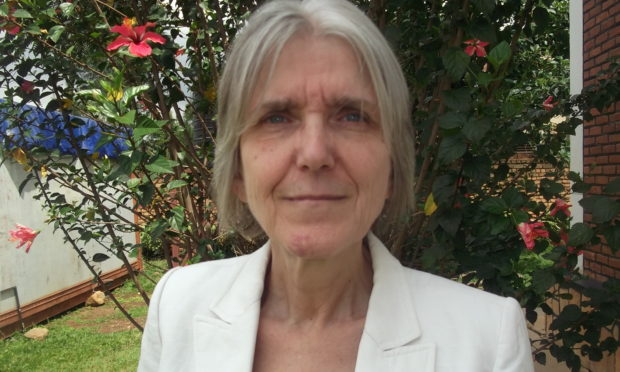A team of researchers from Aberdeen University could hold the key to bringing down corrupt governments currently terrorising citizens in Africa.
Over the next three years they, along with others from across the continent, will work to address the “crisis in governance” being experienced there.
The project has been awarded almost £600,000 and will focus on Ethiopia, Somalia and South Sudan – three of the least-developed countries in the world.
It will be split into two parts, with one investigating federalism and devolution, and the second aimed at building more capacity for degree programmes also researching the topic.
The Aberdeen team will be led by Professor Zeray Yihdego, an expert in international law and the issues being faced by countries in the Horn of Africa.
Prof Yihdego said: “The central governments generally serve the interests of a narrow political elite that remains unchecked due to the lack of a system of checks and balances and the weak rule of law.
“Since the 1990s, there has been an interest in addressing the crisis of government in some of these countries through federalism, devolution and inclusive political institutions, as well as in strengthening the rule of law.
“Such reforms, it is argued, will make governments accountable and more responsive to meeting the needs of their citizens.”
The team will be completed by comparative constitutional law expert Professor Tamas Gyorfi, and Professor Pamela Abbott, who is director of the university’s Centre for Global Development and has experience researching the former Soviet Union, the Middle East, north Africa and Rwanda.
They will work alongside those from the African Research Universities Association, based at Addis Ababa University in Ethiopia, and scholars in Western Cape, South Africa.
Over the coming years they will analyse topics including institutional design – which systems will deliver the most accountable government – as well as gender and female empowerment.
The three academics who make up the Aberdeen team will also supervise some PhD and masters students, helping them to carry out similar research.
Additionally, the group will be responsible for training up policymakers and representatives from civil society organisations in each of the three countries, and developing policy recommendations based on their research.
A number of visits to the north-east from those working on the project elsewhere are already in the pipeline.
